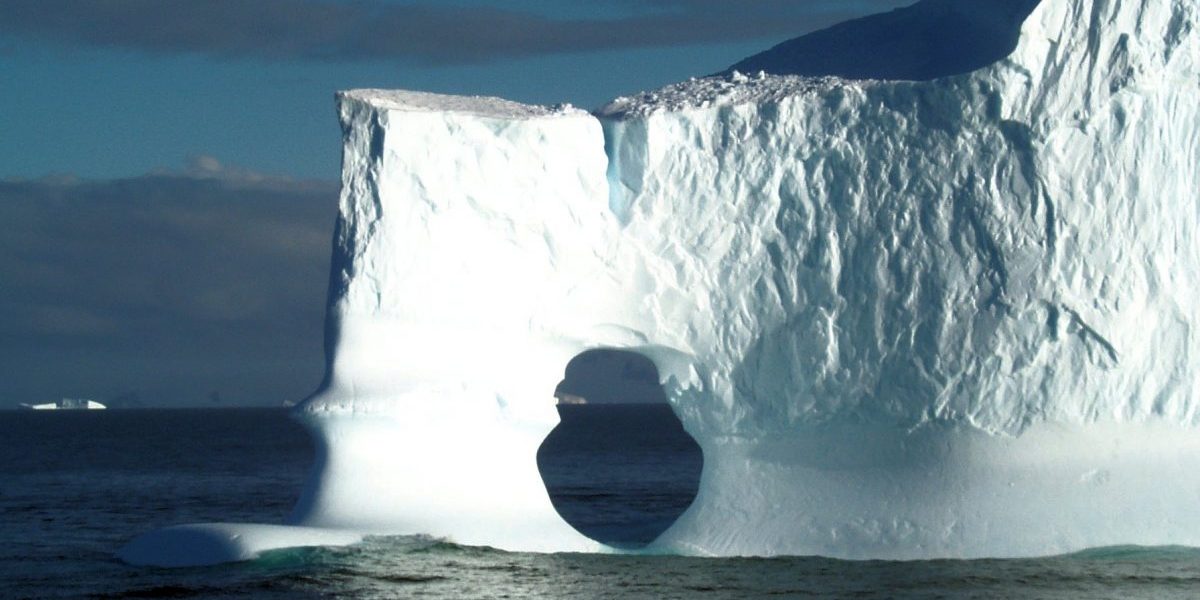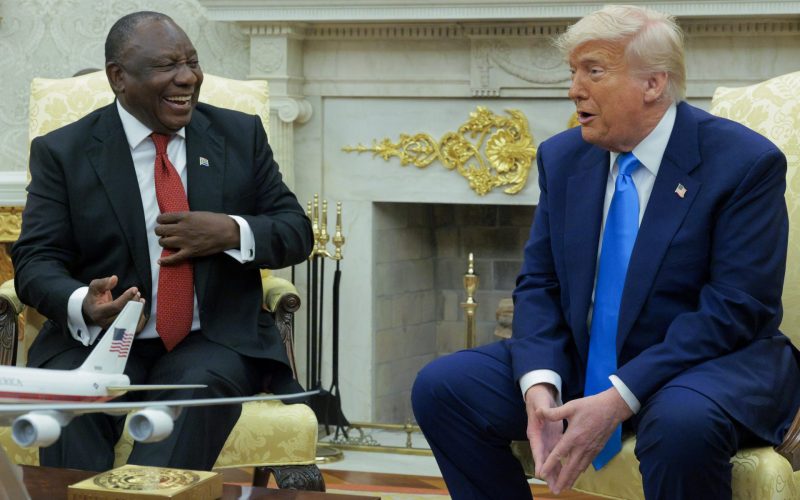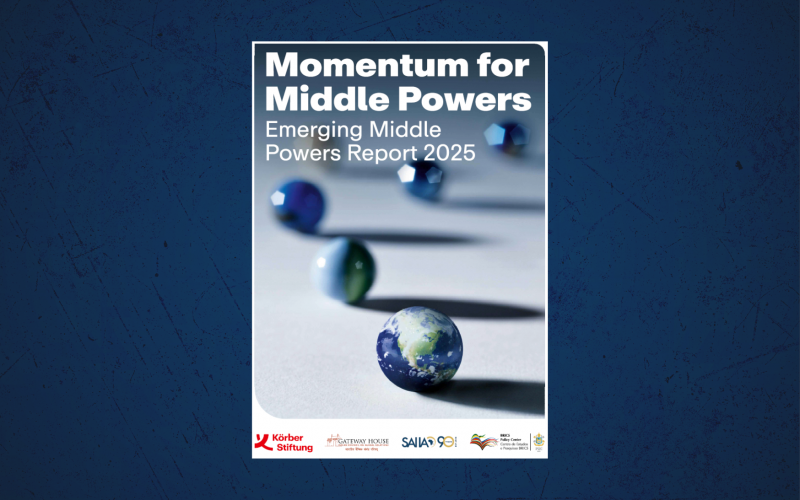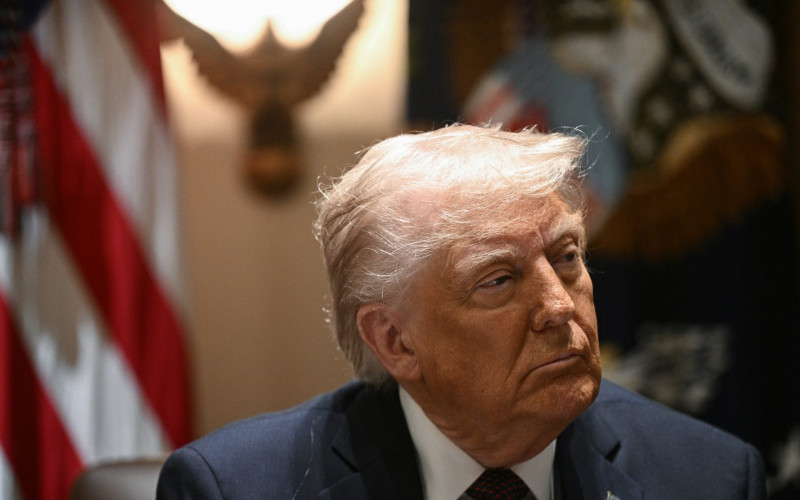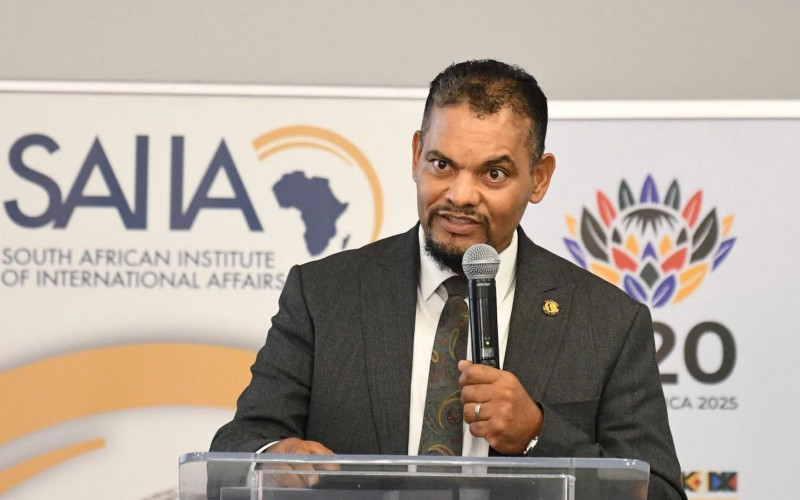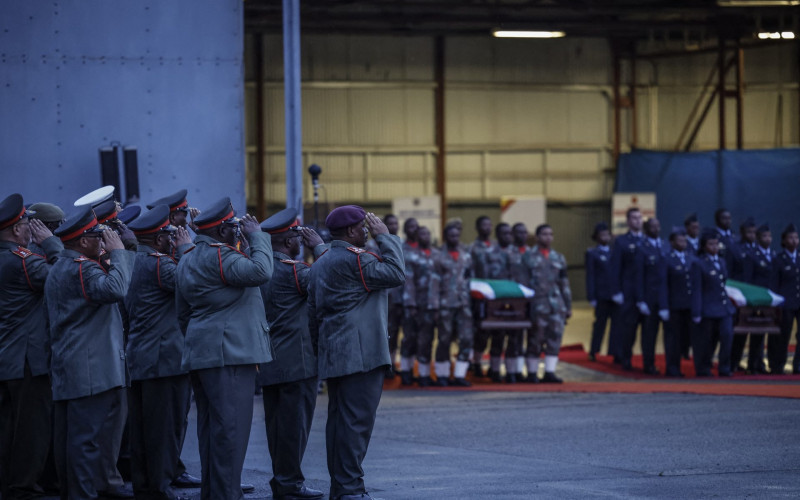Driven by Cold War pressures and a failure to regulate multiple and overlapping land claims in Antarctica, the US initiated a process that led to the 1959 Antarctic Treaty (the Treaty). Of the 50 Treaty members, 29 (including South Africa) are ‘consultative parties’ with voting rights. The Treaty provides for inspections and stipulates, inter alia, that Antarctica should remain a zone of peace and scientific enquiry, setting to the one side existing territorial claims. Furthermore, under the Madrid Protocol (which came into force in 1998), mineral exploration is prohibited until at least 2048. Although the Treaty is regarded as generally successful, it is in need of reform, in particular as regards its twotier membership structure and the non-applicability of its provisions to non-members. Other threats to the Treaty include possible mineral exploration, biological prospecting, unsustainable levels of commercial fishing (legal and illegal) and mass tourism.
Over the years emerging powers have displayed a growing interest in the Antarctic. India, China and South Korea, to name a few, have all increased their presence and scientific activity there. As a contracting party, South Africa has been involved from the outset in the Treaty and its ancillary frameworks. However, it has concentrated mostly on science. More focus needs to be placed on the evolution of the political debate and on South Africa’s core interests. South Africa should pay more attention to Antarctic matters and continue to play an active part in the deliberations of Treaty agencies that uphold the Treaty’s original intent.

